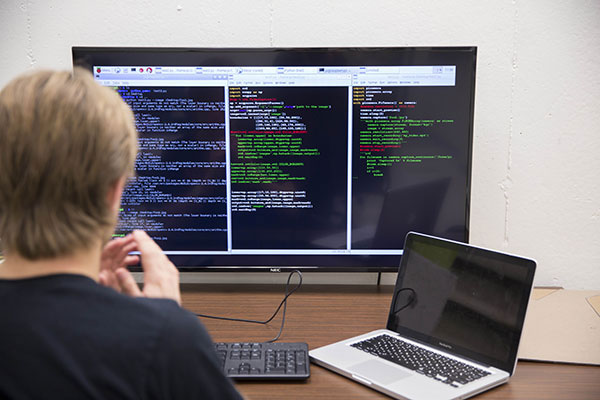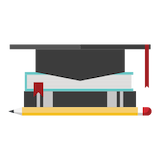It's easy to start your application.
Master's & Certificate Programs
MS in Engineering Data Analytics & Statistics

Invest in yourself by pursuing a master's in engineering data analytics and statistics. Graduate with the knowledge, skills and personal network you'll need to join the next generation of elite data analysts.
The Master of Science in Engineering Data Analytics and Statistics (MSDAS) is an academic master's degree designed for students interested in gaining advanced expertise in the use and application of cutting-edge software and analytical tools to collect, analyze, model and optimize data. This interdisciplinary field is at the intersection of systems science, mathematics, and computer science and engineering, all of which are required in the rapidly changing world of analytics and data science.
Employer demand for analytics-enabled graduates continues to grow. Students upon graduation have gone to work in industry as researchers, analysts and software engineers at companies such as; Amazon, Bayer, Bosch, Citigroup, Deloitte Consulting LLP, The Federal Reserve, and GE.
Suggested Academic Requirements for Prospective Students
It is recommended that incoming students earn a baccalaureate degree in engineering or another STEM-related degree. In earning that degree, it is recommended that students take the following upper-level courses:
- Calculus Sequence and Differential Equations
- Probability and Statistics
- Matrix Algebra
- Introductory Computer Science
More advanced topics in Computer Science such as Data Structures are also helpful, but may be added after admission to the program.
Knowledge of a scientific or quantitative social science field is encouraged but not necessary for success in the program.


